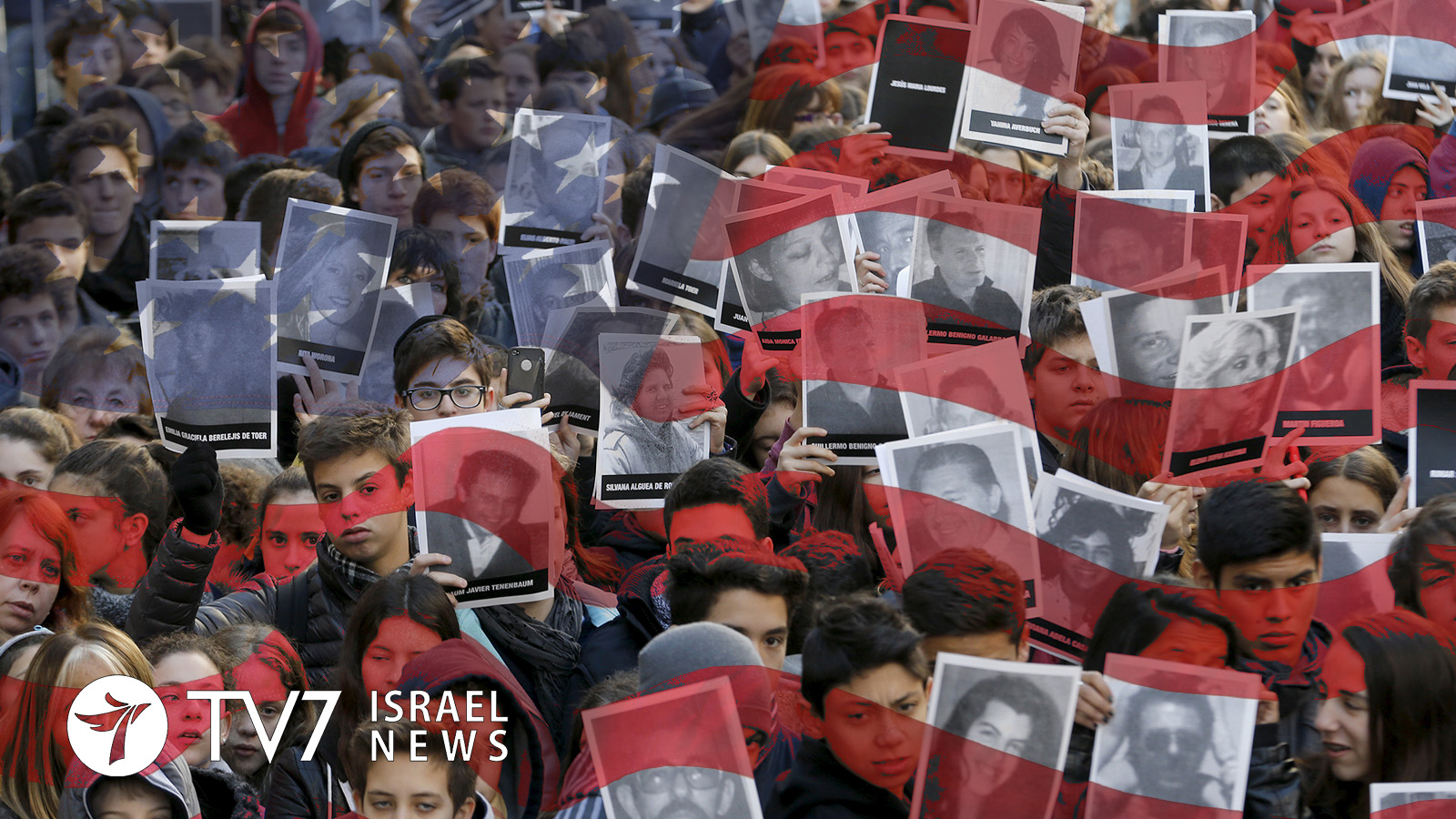The United States demanded the ICC [the International Criminal Court in the Hague] reject an Iranian appeal to recover some 1.75 billion dollars in national bank assets that were seized by U.S. courts. The Iranian petition to the ICC came in response to a 2016 U.S. Supreme Court ruling that instructed Authorities to use the frozen Iranian assets to compensate the families of victims of Iranian-sponsored terrorism, including the 1983 bombing of a U.S. Marine Corps barracks in Beirut, among other terror-related activities. According to the U.S. State Department Legal advisor Richard Visek, “The actions on the root of this case center on Iran’s support for international terrorism and its complains about the U.S framework that allows victims of that terrorism to hold Iran accountable through judicial proceedings and receive compensation for their tragic losses.” / “This case concerns measures taken by the United States progressively over a period of years to enable victims of terrorism to hold Iran accountable for acts of terrorism directed at or affecting U.S. persons.” hearings at the international tribunal was separate from Iranian claims related to current American sanctions against Tehran. Tehran’s claim in both cases are based on a 1955 Amity Treaty, which was signed 24 years before Iran’s Islamic Revolution that turned the two countries into arch enemies. Nevertheless, Washington announced last week that it would withdraw from the Amity Treaty after the ICC ordered the U.S. to ensure that sanctions against Iran do not affect humanitarian aid or civil aviation safety. The ongoing hearings at the International Criminal Court in The Hague will run until Friday and focus, among others, on Washington’s objections to the U.N.’s highest court’s jurisdiction.
